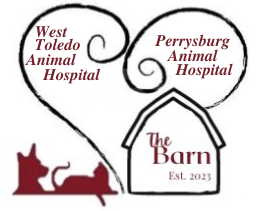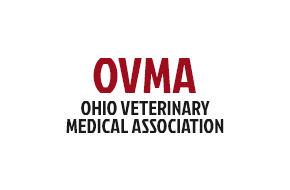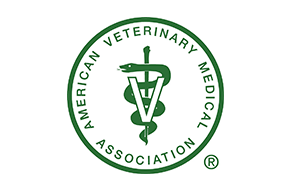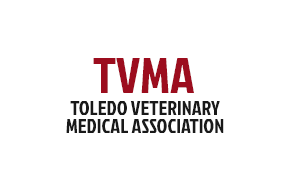The Importance of Vaccinating Pets
Vaccinating pets is a crucial aspect of responsible pet ownership. Protecting them from various diseases not only ensures their well-being but also contributes significantly to public health. According to PetDesk, millennials make up over 30% of all pet owners and are increasingly opting for pet parenting. Understanding the nuances of pet vaccinations becomes even more essential.
Understanding the Role of Vaccines
Vaccines are biological preparations that provide immunity against specific diseases. They work by introducing small doses of disease-causing organisms to trigger an immune response without causing the actual disease. For pets, vaccines are indispensable as they protect not just individual animals but the pet population as a whole.
In pets, vaccines are primarily preventive measures aimed at boosting their immune systems. By priming their bodies to recognize and fight harmful pathogens, vaccines minimize the risk of infection. This process enhances the longevity and quality of life of pets, ensuring that they remain healthy and active companions.
Many veterinary services strongly emphasize the importance of vaccination as a foundational element of animal care. These services provide critical advice and guidance on vaccination schedules, ensuring that pet owners are fully informed. Ultimately, understanding the role of vaccines helps in making informed decisions about pet health and safety.
Preventing Serious Diseases
Vaccinations are essential for preventing several debilitating diseases in pets. Rabies, distemper, and parvovirus are examples of serious illnesses that can be fatal if not prevented through timely vaccination. By immunizing pets, these diseases can be either eradicated or controlled, thus protecting the pet's health and preventing the spread of these illnesses.
Vaccinated pets serve as a barrier against the transmission of various zoonotic diseases, which can be transmitted from animals to humans. This aspect of vaccination underscores its significance not just for pets but also for public health. Families benefit from owning pets that are immunized against diseases, reducing the likelihood of illness transmission.
A veterinary service plays a pivotal role in advising pet owners about disease prevention through vaccines. They provide updated information on emerging threats and recommend vaccination plans tailored to specific environments or lifestyles. As a preventative measure, vaccines remain one of the most effective ways to safeguard against serious diseases.
Vaccinating Pets Economically
Though some pet owners may be concerned about the cost of vaccinations, they are significantly more cost-effective than treating diseases. The expenses associated with handling a severe illness, including emergency veterinary services, can be substantial. Vaccinations offer long-term savings by eliminating the need for expensive treatments and complex medical interventions.
Moreover, regular vaccination schedules help maintain the overall health of pets, reducing the need for frequent veterinary consultations. Well-vaccinated pets often experience fewer infections and medical issues, which translates to fewer veterinary visits and lower healthcare costs in the long run. Investing in preventive vaccinations is a cost-effective strategy for ensuring a pet's longevity and quality of life.
Pet owners also find value in the peace of mind that comes with vaccination. Knowing that their pets are protected against common and deadly diseases offers assurance and alleviates concerns about potential health crises. Thus, the cost-effectiveness of vaccination extends beyond financial considerations to encompass the emotional and psychological well-being of pet owners.
Vaccinating and Public Health
Vaccinating pets is not just about individual animal health; it has significant public health implications as well. Pets that are immunized against certain diseases help control their spread in the community. For example, rabies vaccinations in pets help prevent this lethal disease from being transmitted to humans.
Public health initiatives often emphasize the importance of pet vaccinations as part of community health strategies. Immunized pets contribute to the overall safety and health of society by limiting the risk of zoonotic diseases. As such, vaccination serves as a critical interface between veterinary care and public health objectives.
Community awareness and cooperation in pet vaccination efforts are essential for maximizing public health benefits. Many veterinary services actively participate in educational campaigns to inform the public about the imperative of pet vaccinations. This collaboration between animal healthcare providers and communities plays a vital role in sustaining public health.
Vaccinating pets is far more than a routine veterinary task—it's a critical responsibility that supports both animal welfare and public health. From protecting pets against life-threatening diseases to reducing the risk of zoonotic infections, vaccinations serve as a cornerstone of proactive pet care. With millennials leading the way in pet ownership, it's increasingly important to spread awareness about the value of vaccines as a long-term investment in both a pet's health and a family's well-being. Contact West Toledo Animal Hospital for veterinary services for your furry friend today.









Share On: